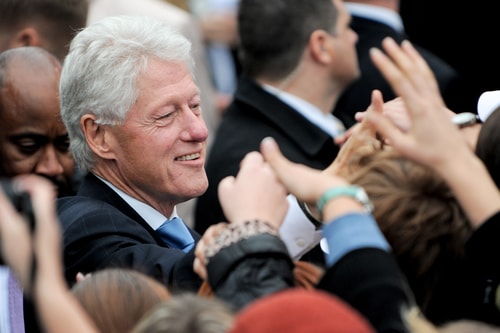August 19th marks the 69th birthday of Bill Clinton, who from January 20th, 1993 to January 20th, 2001 served as the 42nd President of the United States.

Aside from launching the White House’s official website and implementing the State Children’s Health Insurance Program, Clinton also affected the agricultural landscape of the country during his presidency.
On January 1st, 1994, President Clinton signed the North American Free Trade Agreement (NAFTA) into law. The agreement between Canada, the United States and Mexico eliminated most tariffs on products traded within the three countries.
A report released by the USDA’s Economic Research Service estimates that American agricultural exports to the other NAFTA countries had risen from $9 billion in 1993 to $14.2 billion in 2000. U.S. agricultural imports also increased from $7.4 billion to $13.7 billion between 1993 and 2000.
On April 4th, 1996, President Clinton signed the Federal Agriculture Improvement and Reform Act of 1996, known as the 1996 U.S. Farm Bill.
The legislation invested $2.2 billion into conservation programs and created federal-state partnerships totaling more than $1 billion to farmers in Illinois, Maryland, Minnesota, New York, Oregon and Washington who voluntarily gave up their land and instead use it to improve water quality and wildlife habitat.
Join the conversation and tell us your thoughts on Bill Clinton’s presidency. What were some agriculture issues that you think he handled well or poorly?